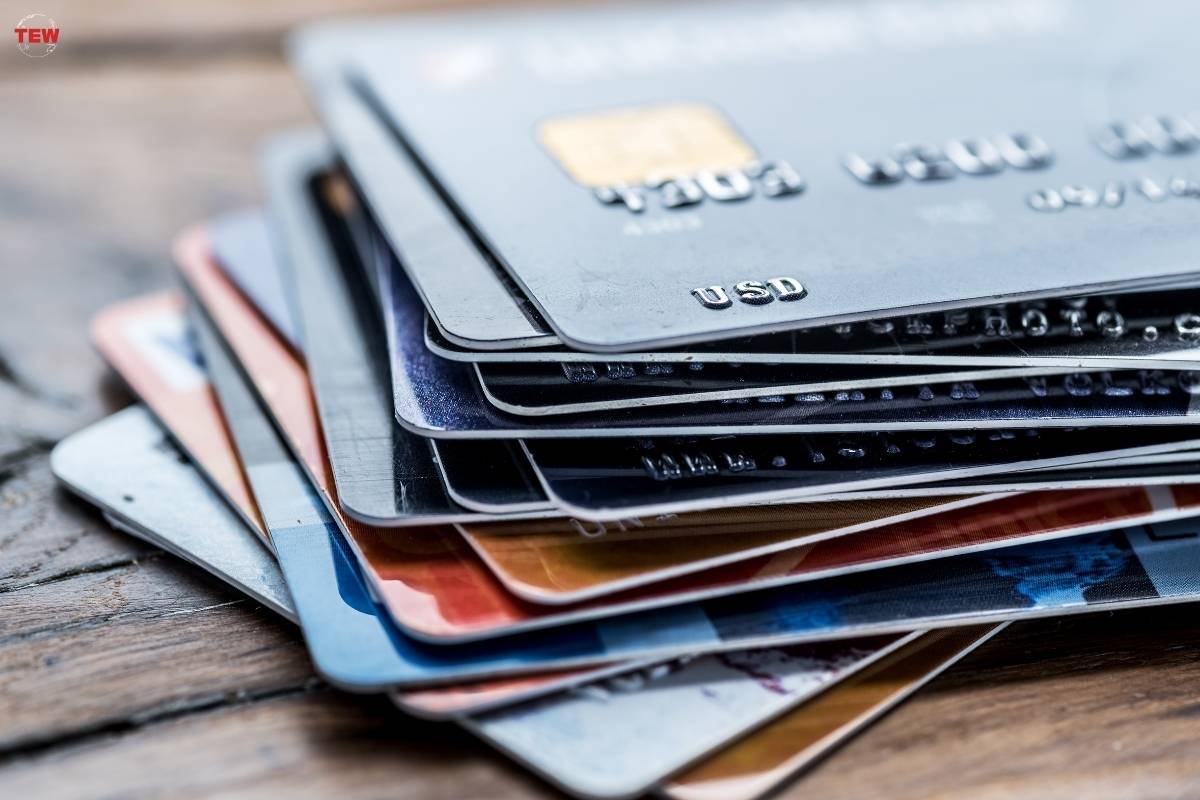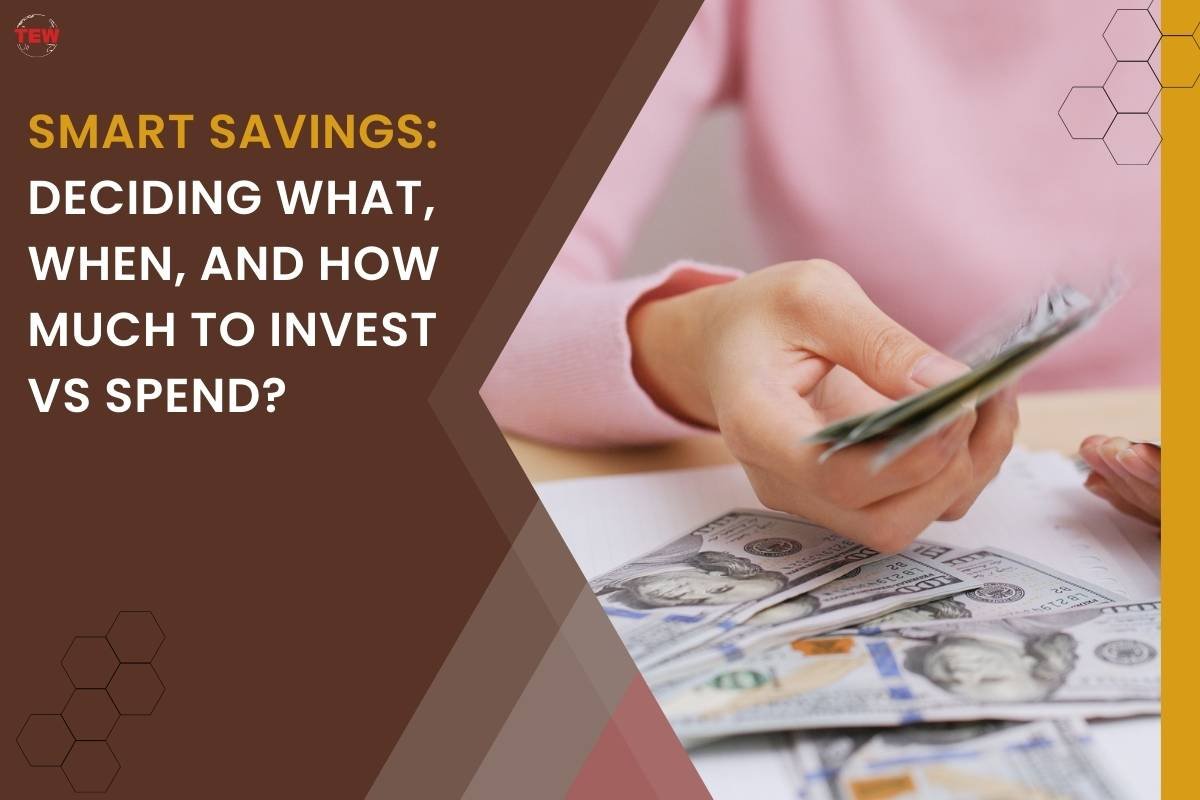Have you ever found yourself with a few extra bucks and wondered, “Should I buy that cool gadget, or maybe stash it away for a rainy day?” Well, you’re not alone. Figuring out the best way to use our savings can be trickier than solving a Rubik’s cube! Dive in as we unpack the four golden rules of spending, saving and investing your cash.
Investing Personal Savings or Not?

Ever heard the saying, “Make your money work for you?” Well, that’s what investing is all about! By putting a portion of your savings into investments, your money can grow like a beanstalk over time, thanks to compound interest. It’s crucial because the sooner you start, the more you benefit from this magical phenomenon. It’s like planting a seed today and watching it grow into a gigantic tree in the future.
Investing Personal Savings into Business: A Calculated Gamble
Choose to investing personal savings into a business venture is akin to staking your chips in a high-stakes game of poker–it’s adventurous and exciting…But–consider this: on one hand, using your own savings could offer you complete control over your business without the shackles of external investors or the interest burdens of loans. If the business flourishes–not only do you reap the full rewards–but you also achieve a sense of gratification knowing it was built on your own dime. Plus, having skin in the game often results in heightened dedication, as the venture’s success is directly tied to your personal financial well-being.
However, this path is not without its pitfalls. Businesses–especially startups–have a high rate of failure. Investing personal savings means putting at risk funds that might be needed for emergencies, family obligations or future plans. If the business falters, not only do you face the challenge of reviving or shutting down the enterprise, but you might also find your personal financial safety net frayed or obliterated. Diversifying investments rather than putting all your eggs in one business basket, is a cardinal rule of finance for a reason. Simply put–before making such a momentous decision it’s wise and paramount to evaluate the potential returns against the inherent risks.
Save Some, Spend Some: Finding the Balance

Balance is the key to life, just like it is in walking a tightrope. You wouldn’t spend all your time either working or playing, right? Similarly, with your savings, it’s vital to set aside a portion for emergencies–and also indulge in a treat or two. This balance ensures you’re prepared for unforeseen circumstances while still living your life to the fullest.
Keeping a Cushion in Your Savings
“Don’t put all your eggs in one basket.” We’ve all heard this one before. It’s crucial to keep a portion of your savings untouched, like a safety net beneath a trapeze artist. This isn’t about being fearful of the future but being smart. Unexpected events, like medical emergencies or sudden job losses, can hit us out of the blue. Having a financial cushion softens the blow and helps you bounce back faster.
The Role of Credit Cards

Credit cards can be both convenient and tempting. On the one hand, credit cards–like RBC credit cards offer the flexibility of purchasing now and paying later. Plus, when you use them right they can elevate your credit score–which is like your financial report card. A good score can lead to some great perks down the line. However–there’s a flip side. It’s alarmingly easy to get caught in the allure of “buy now, think later,” leading to potential overspending and debt. Thinking of a credit card as a limitless wallet is a mistake many fall for.
But why does this matter?–Imagine wanting to buy your dream house or car in the future. Lenders will look at your credit history. If they see you’ve been responsible, it could mean better loan terms and interest rates. But if they find a history of debt and late payments because of mishandling credit cards, that dream can slip away, or become much more expensive. In short, using credit cards wisely isn’t just about avoiding debt. It’s about paving a smoother financial path for your future.
Managing your cash might seem like a juggling act at first. But, with the right approach, it can be as smooth as a waltz. Remember the golden rules, and you’ll be dancing your way to financial success. So next time you find yourself with some extra green, take a deep breath, think of these guidelines, and make a choice that your future self will high-five you for.




